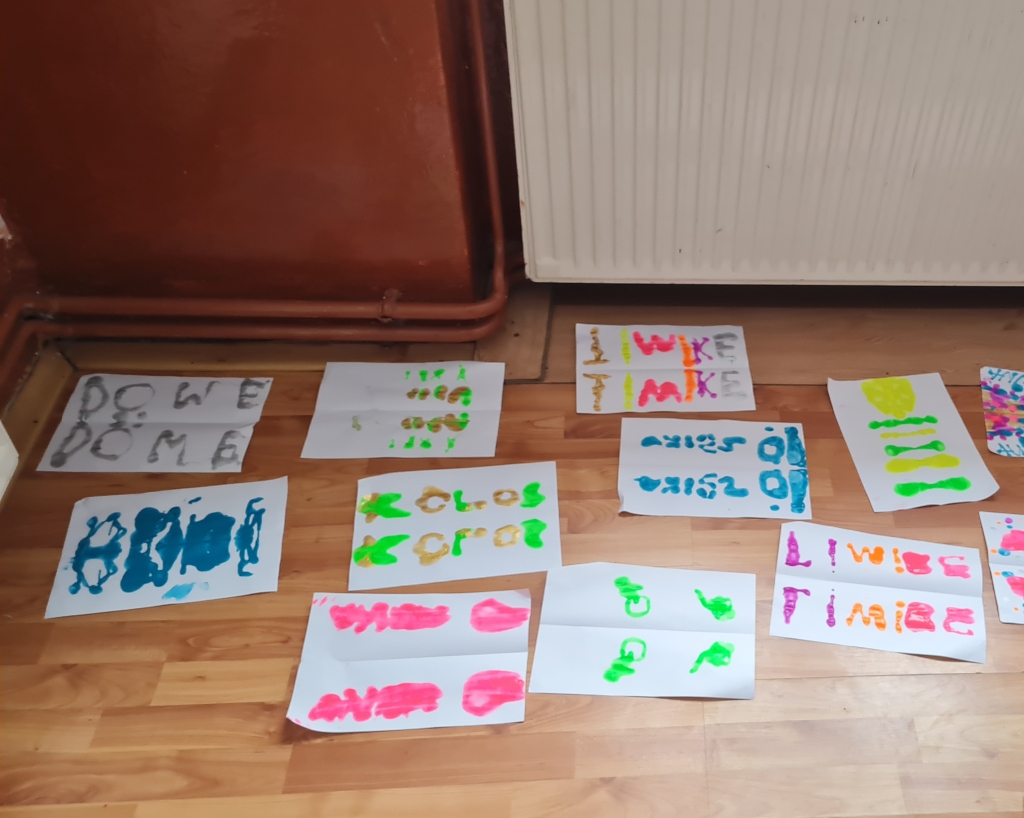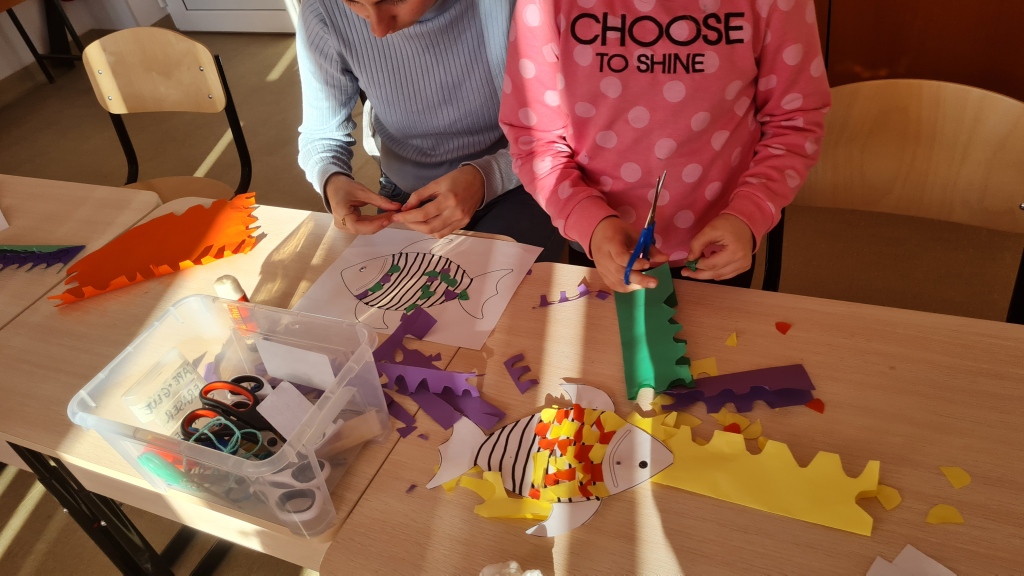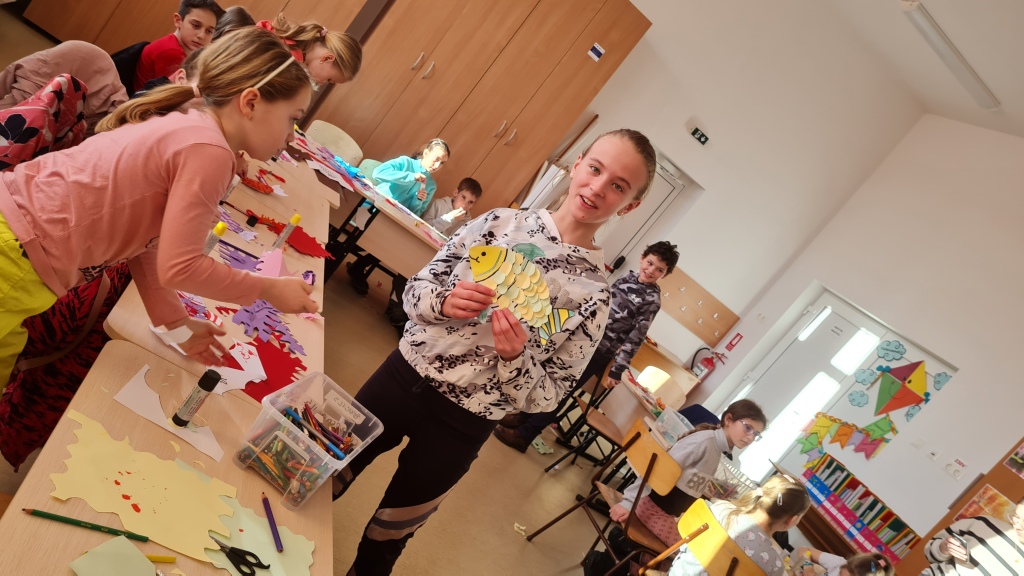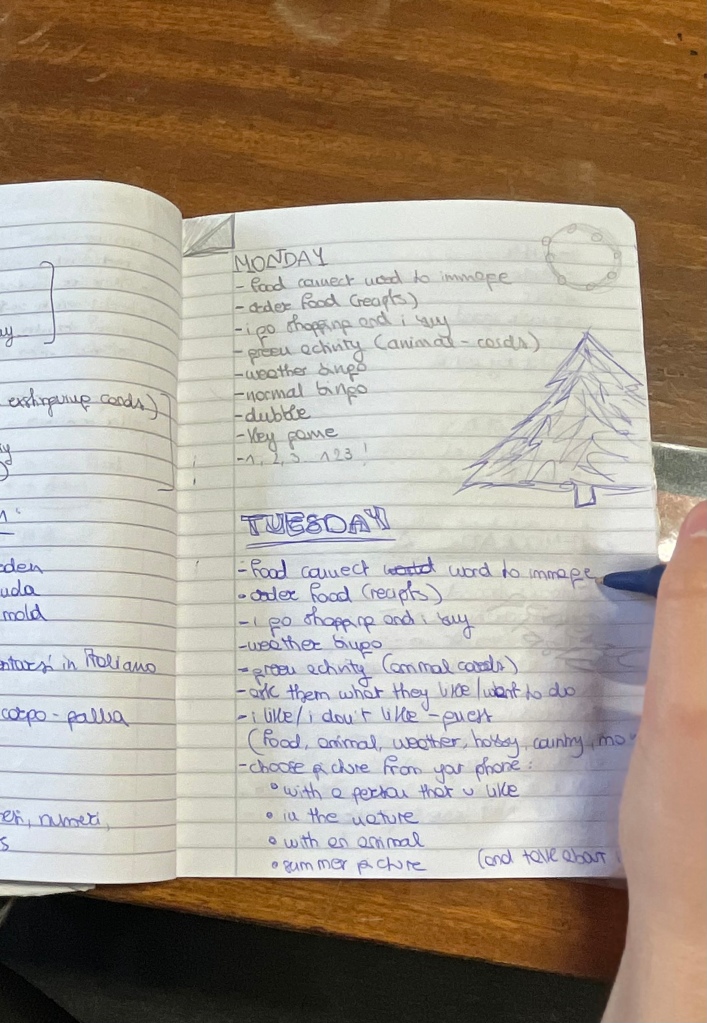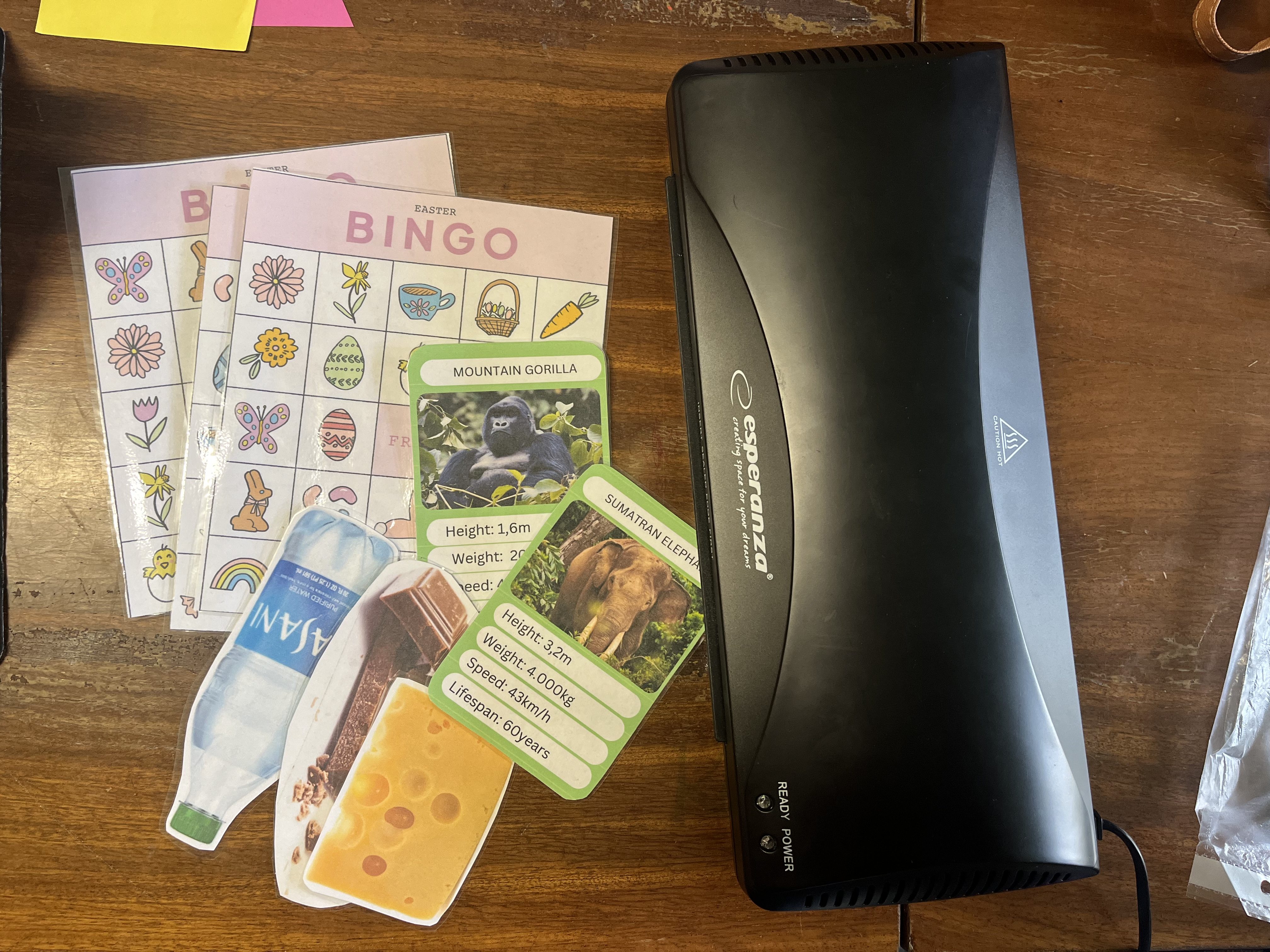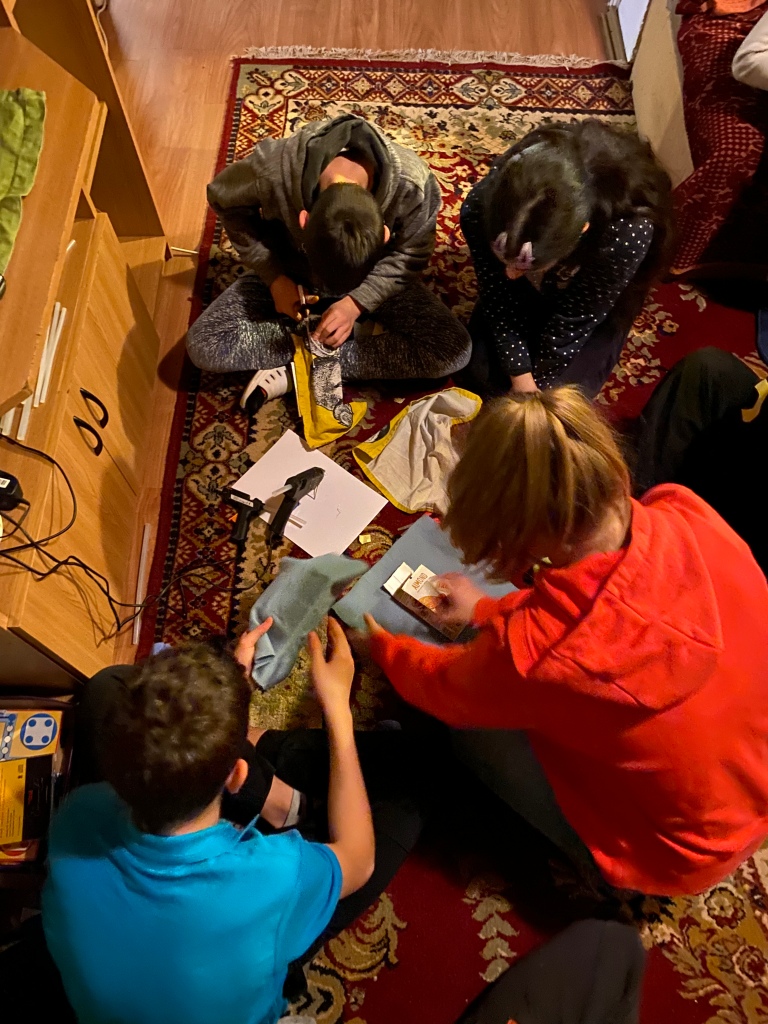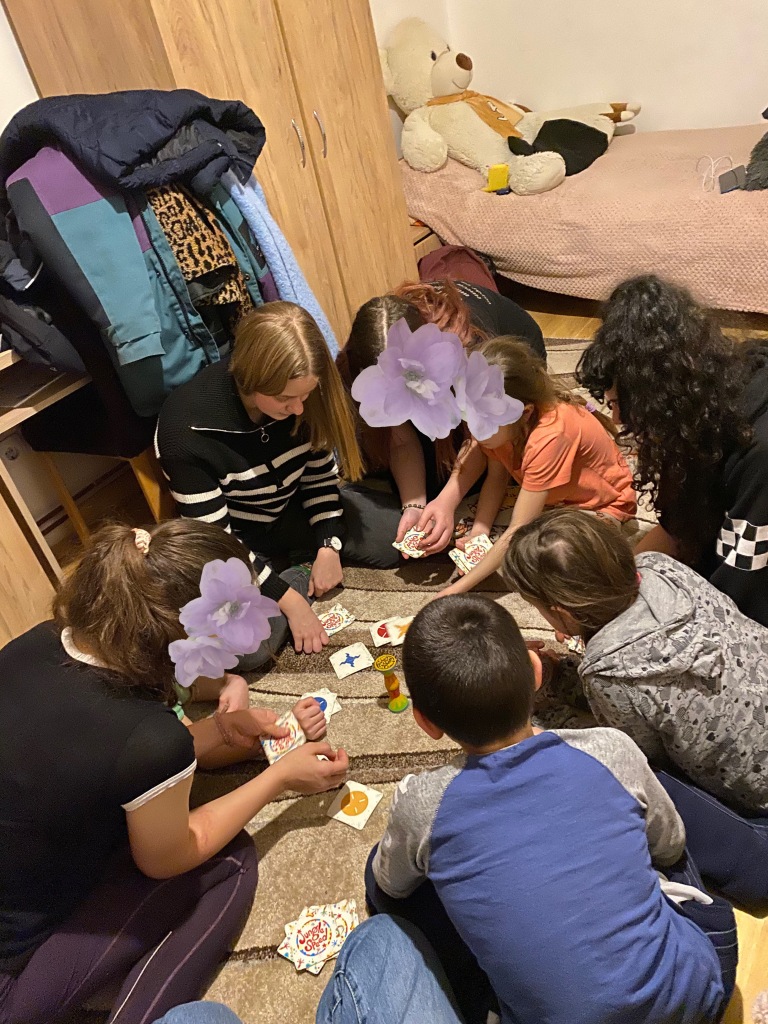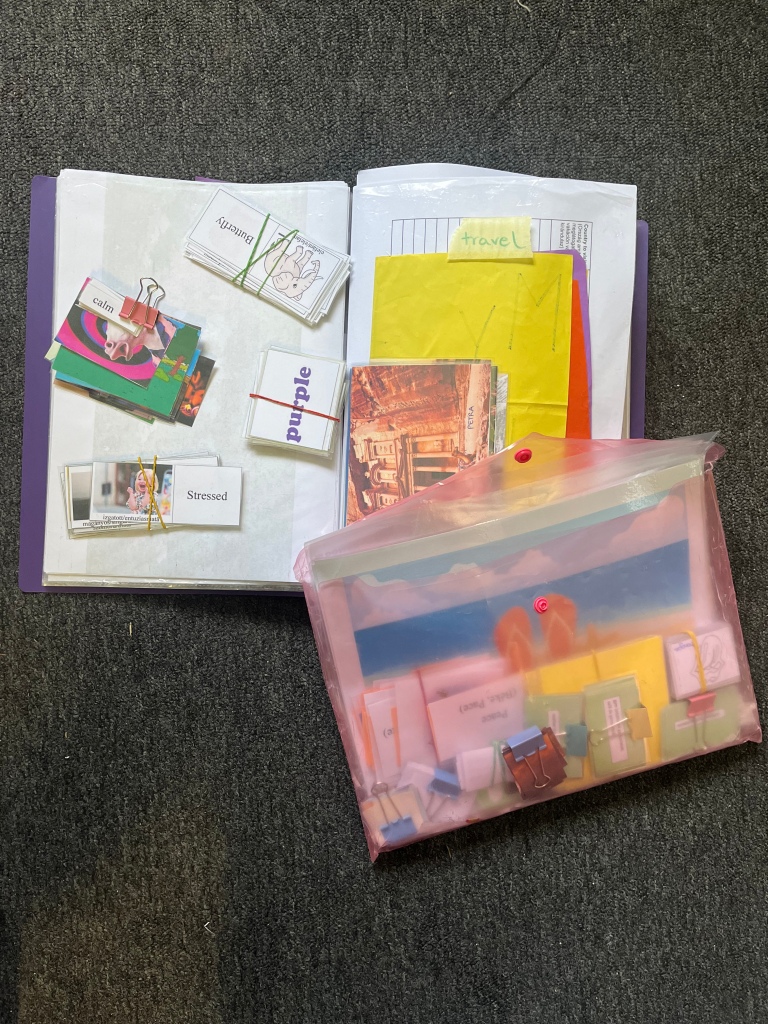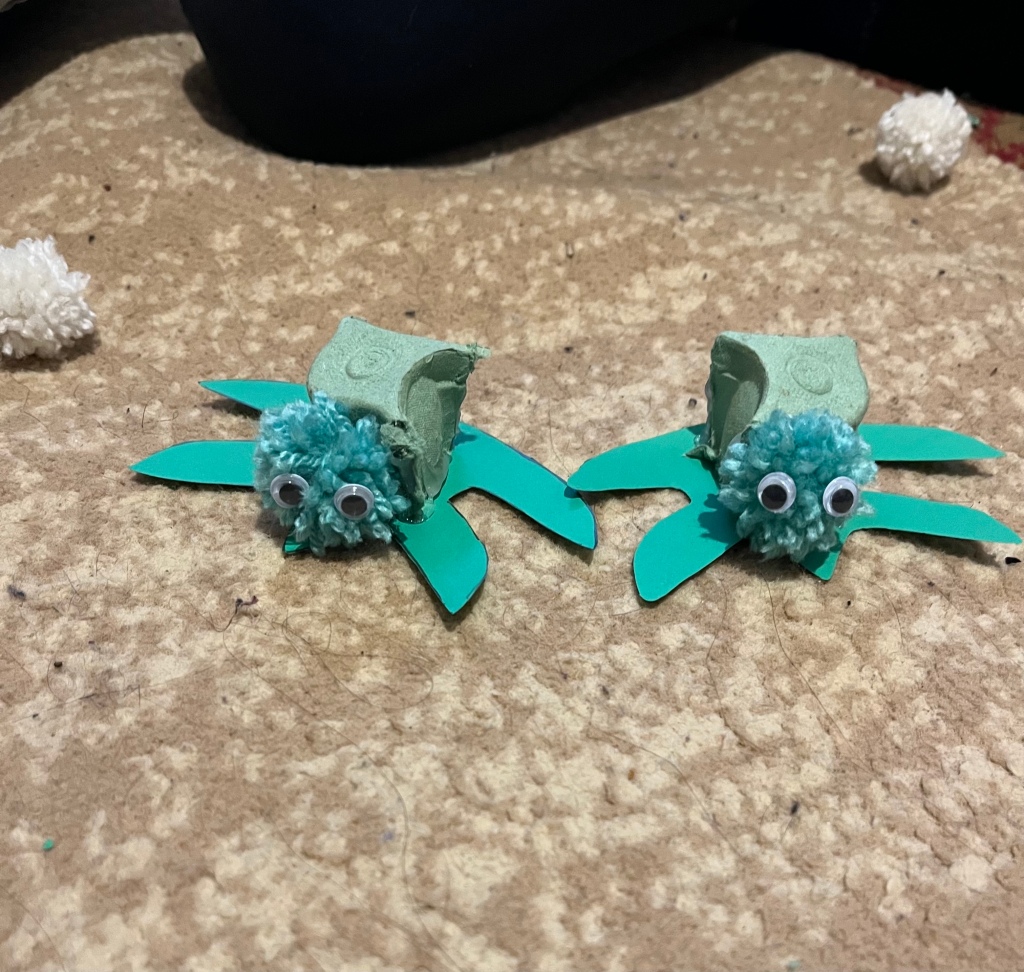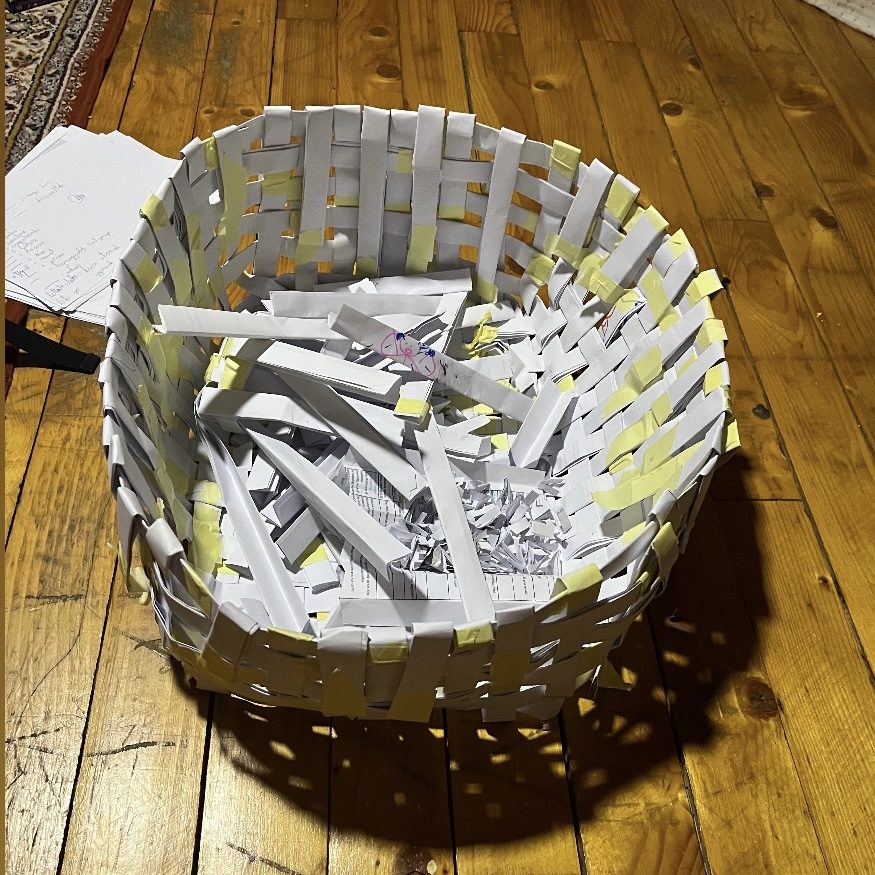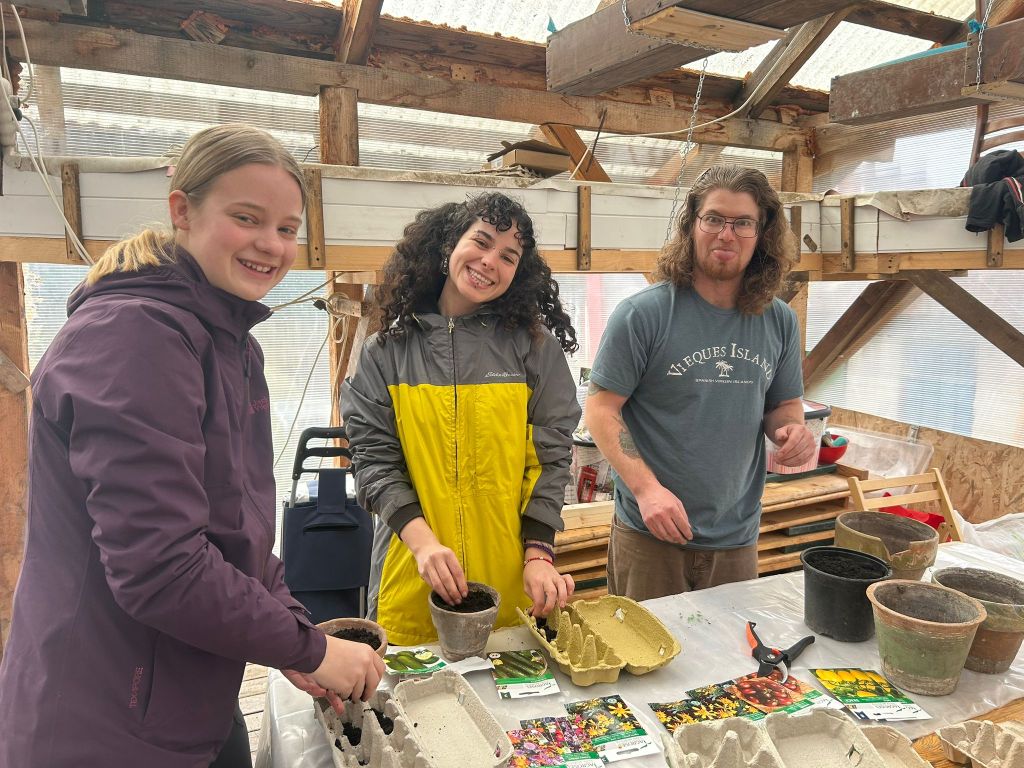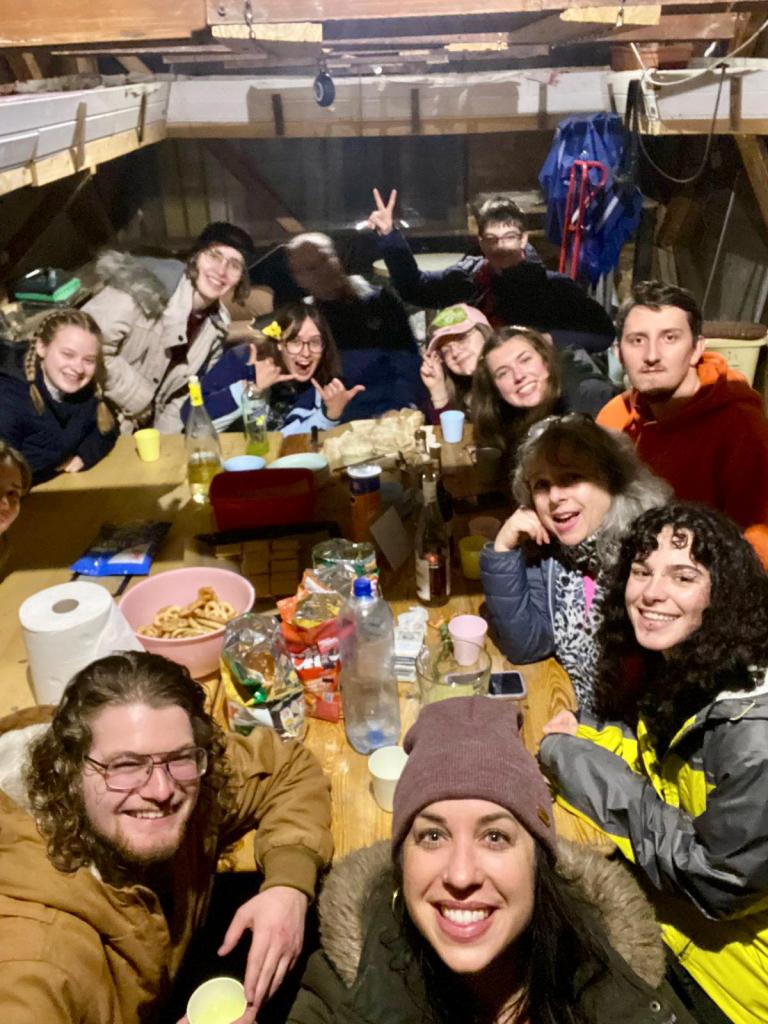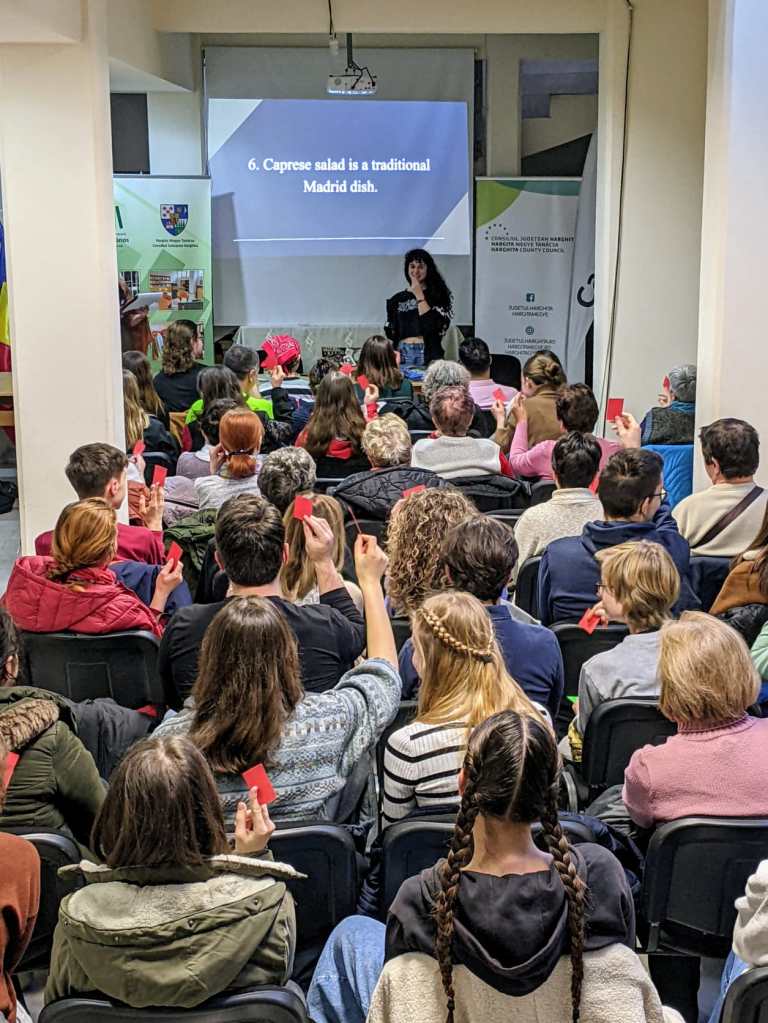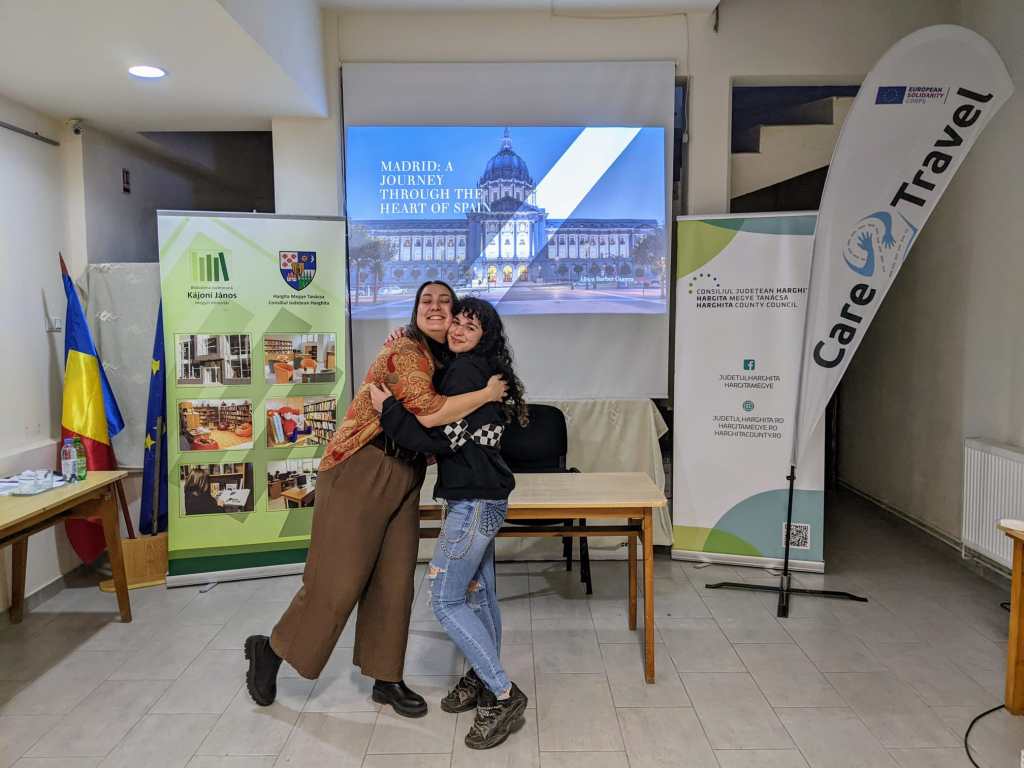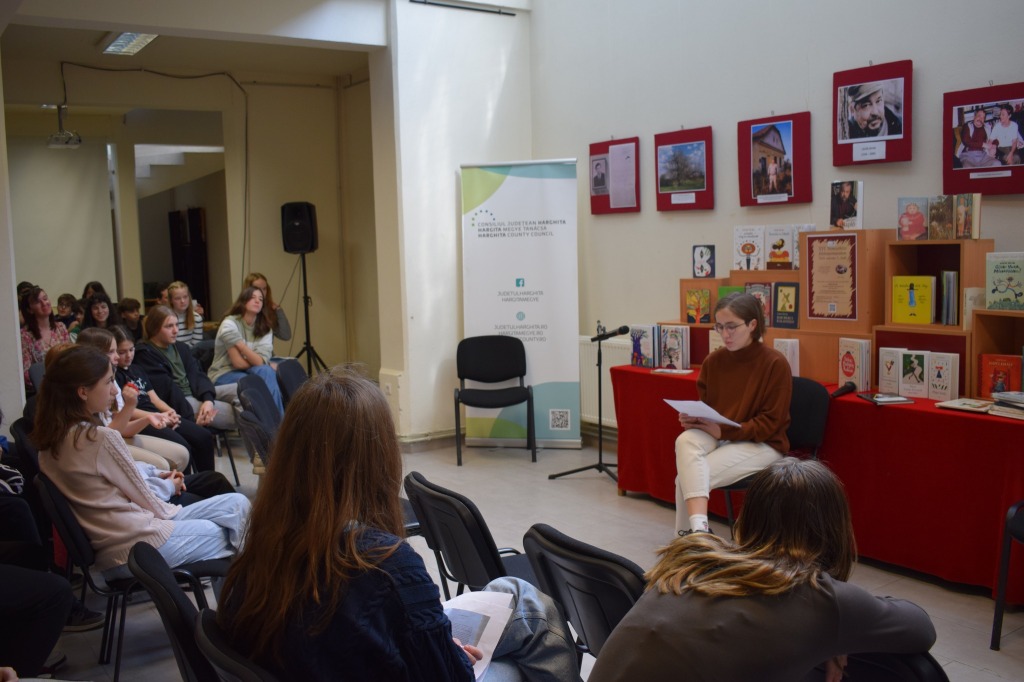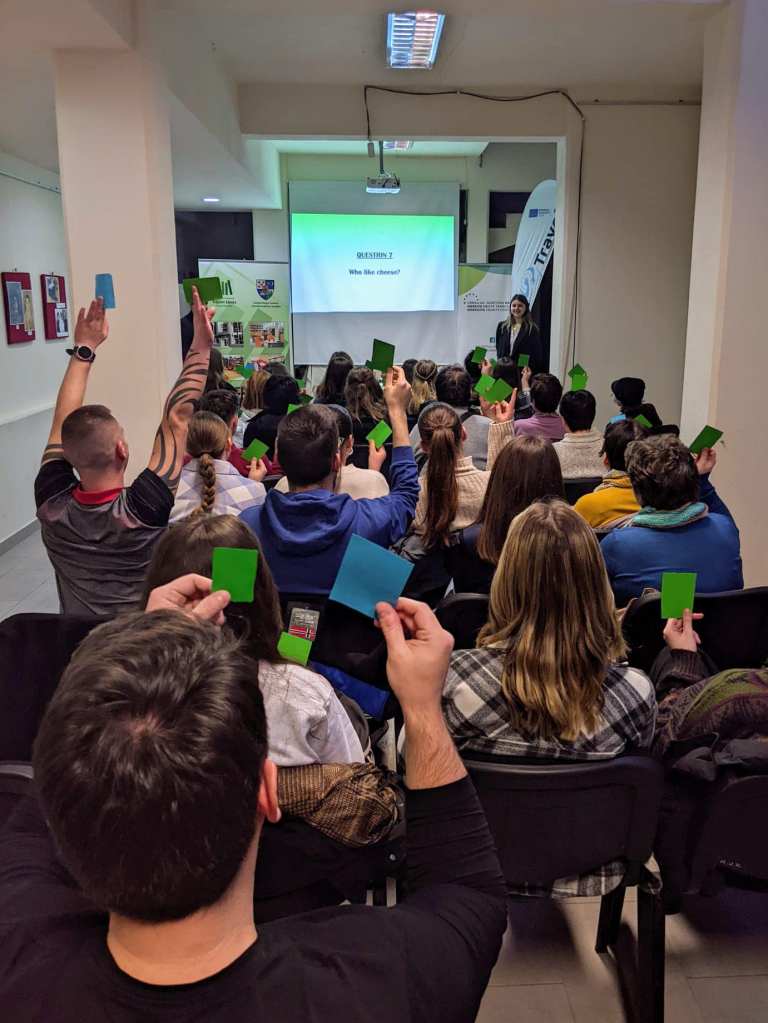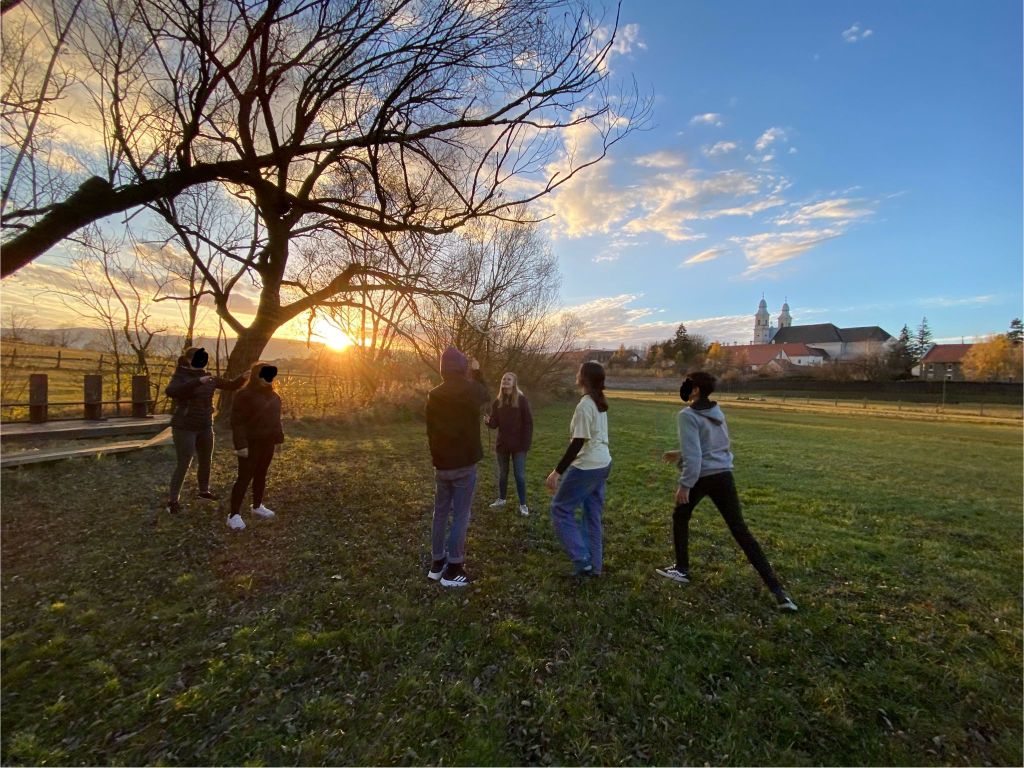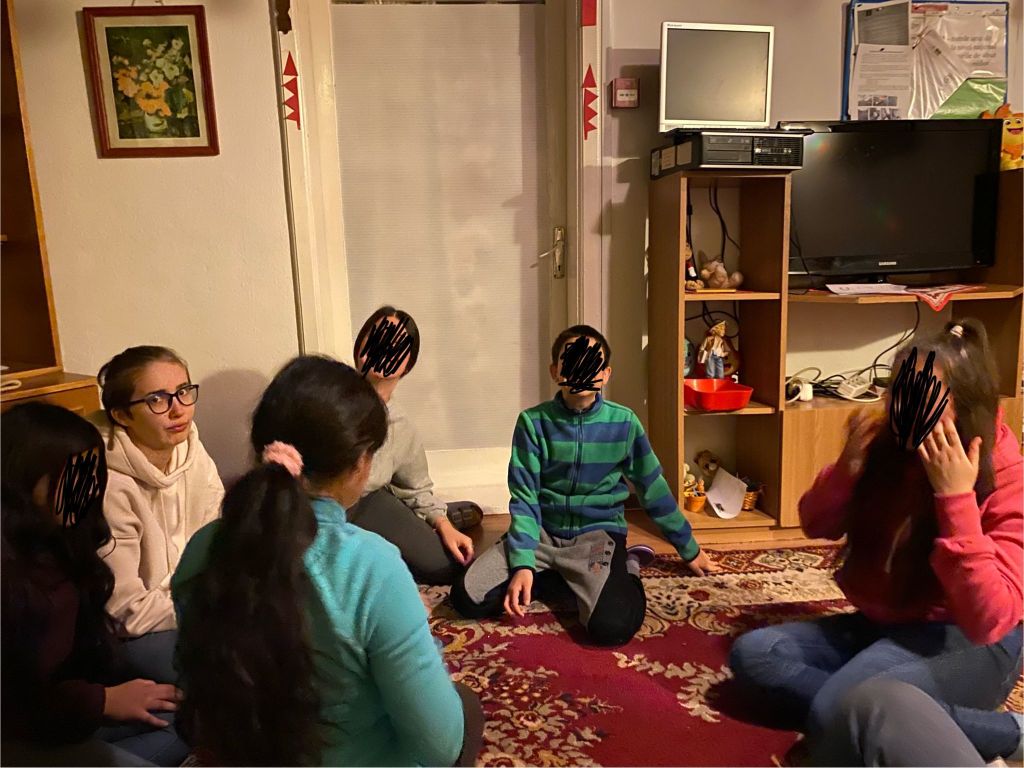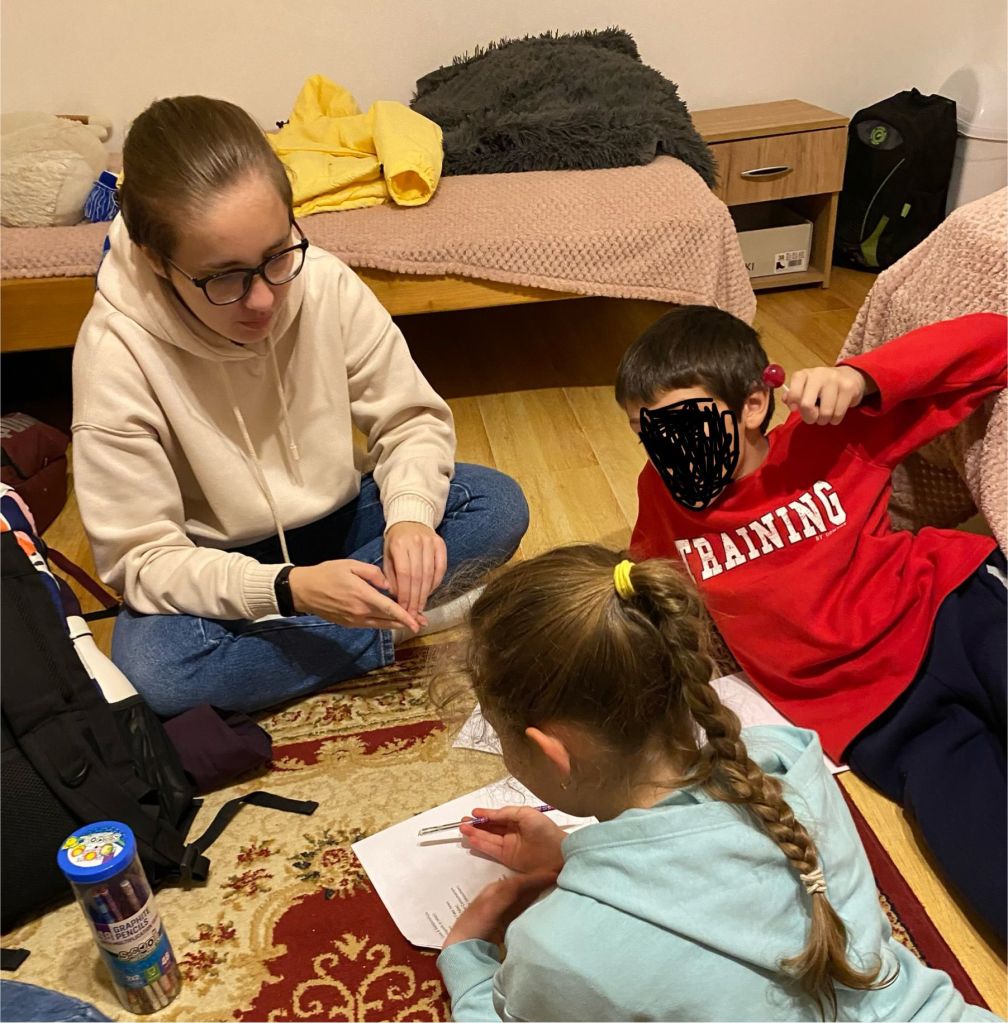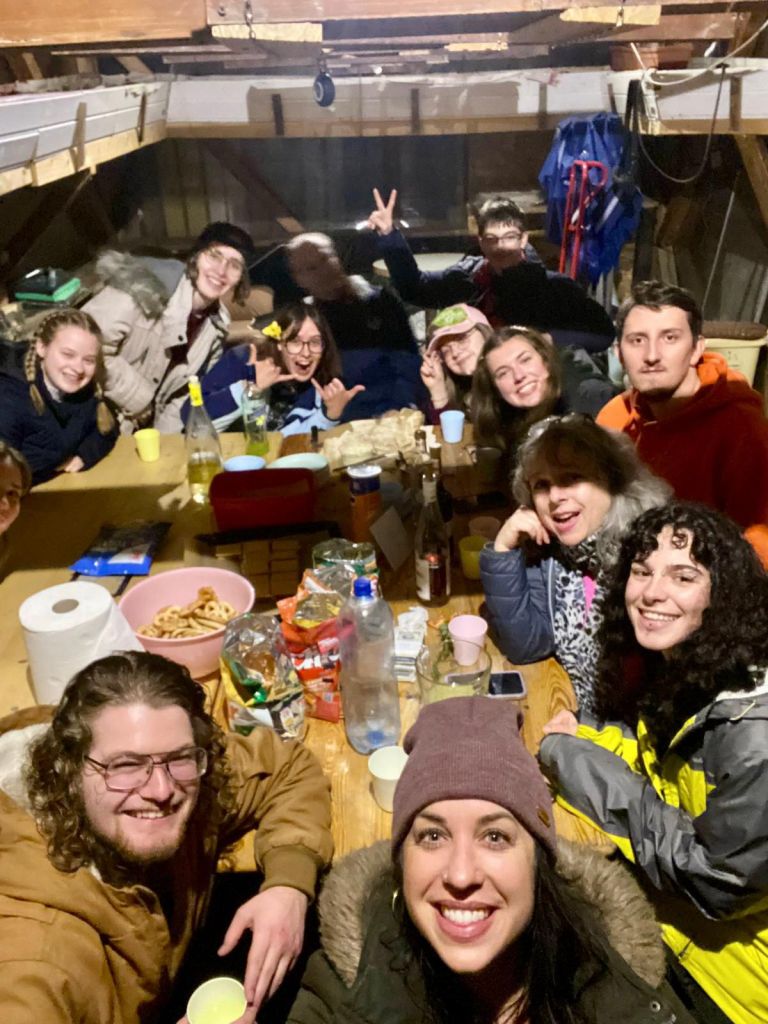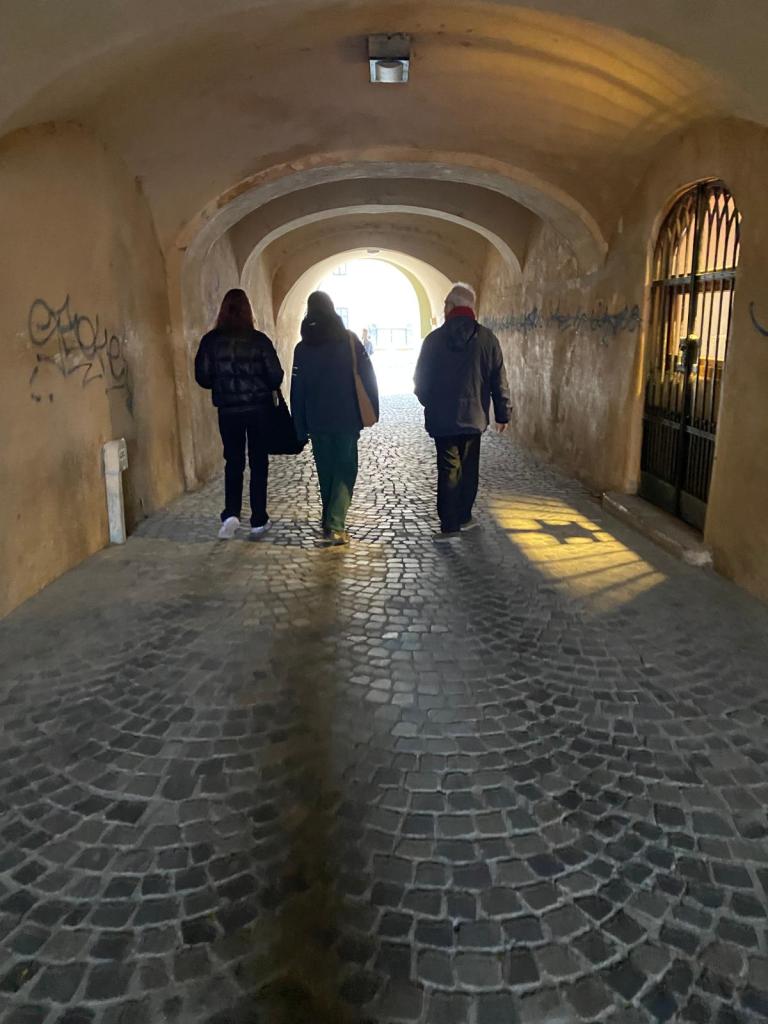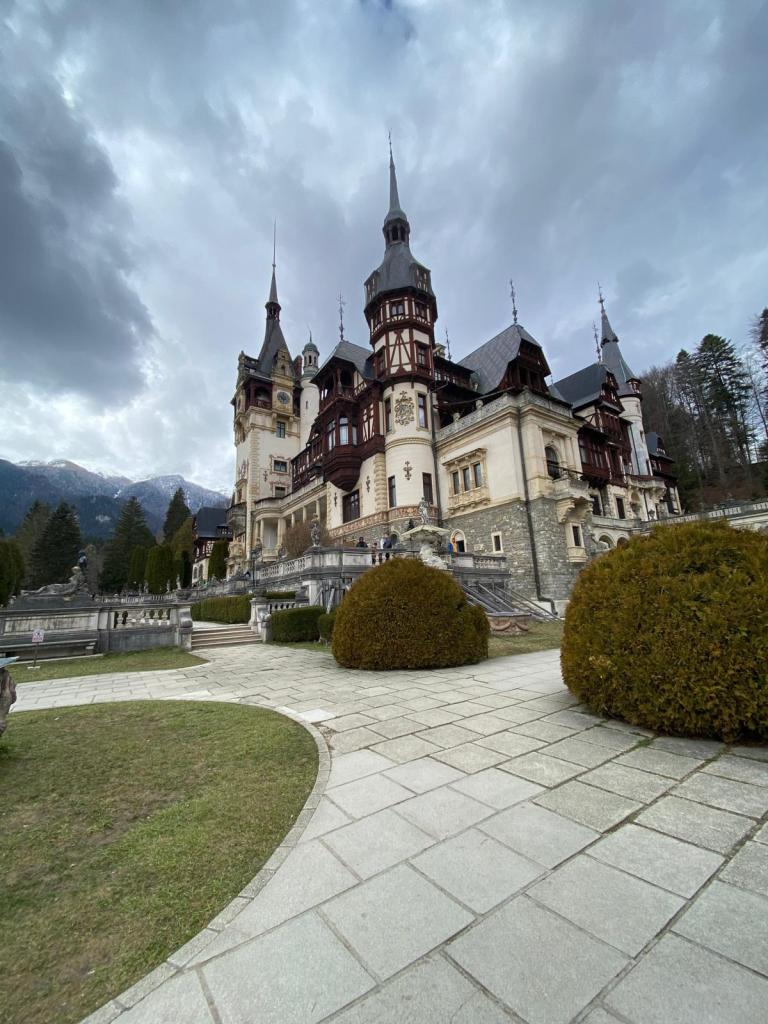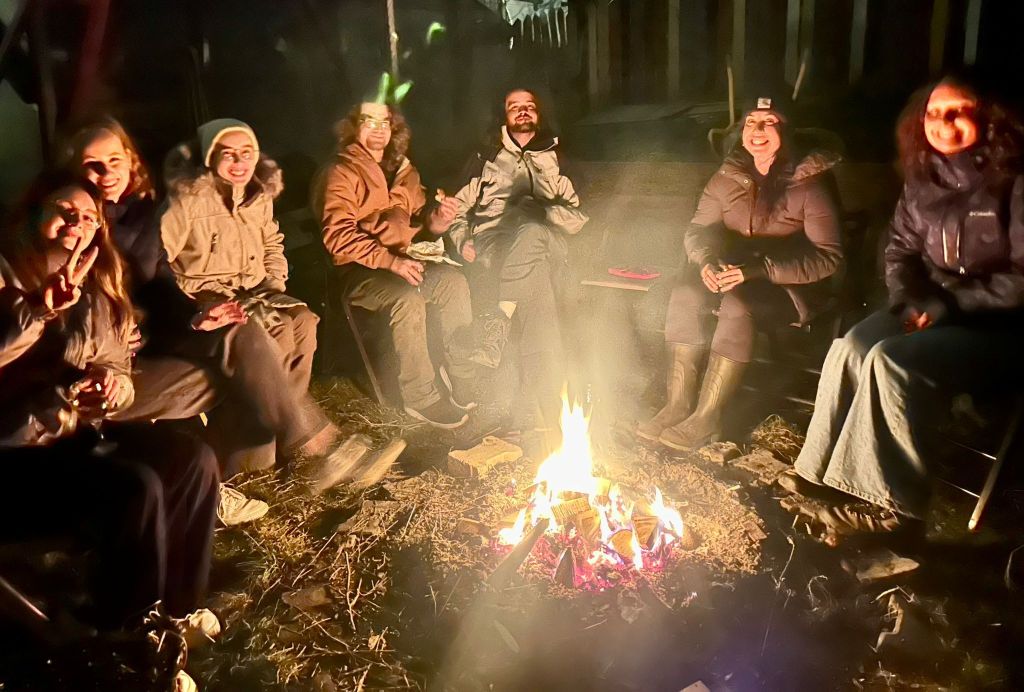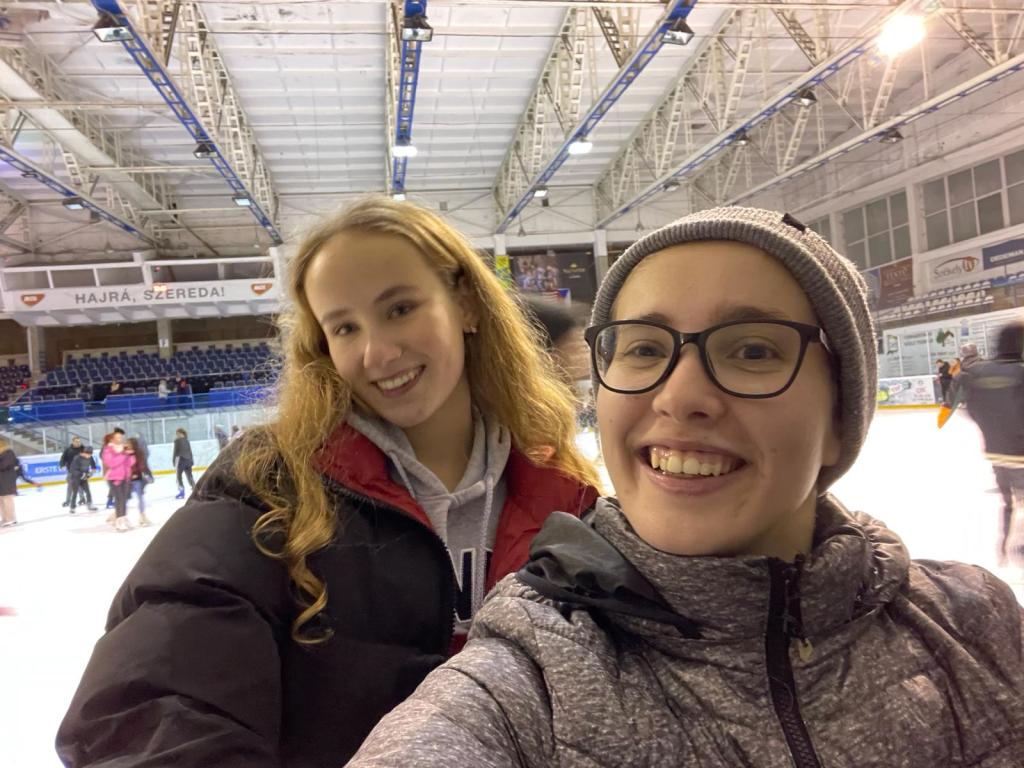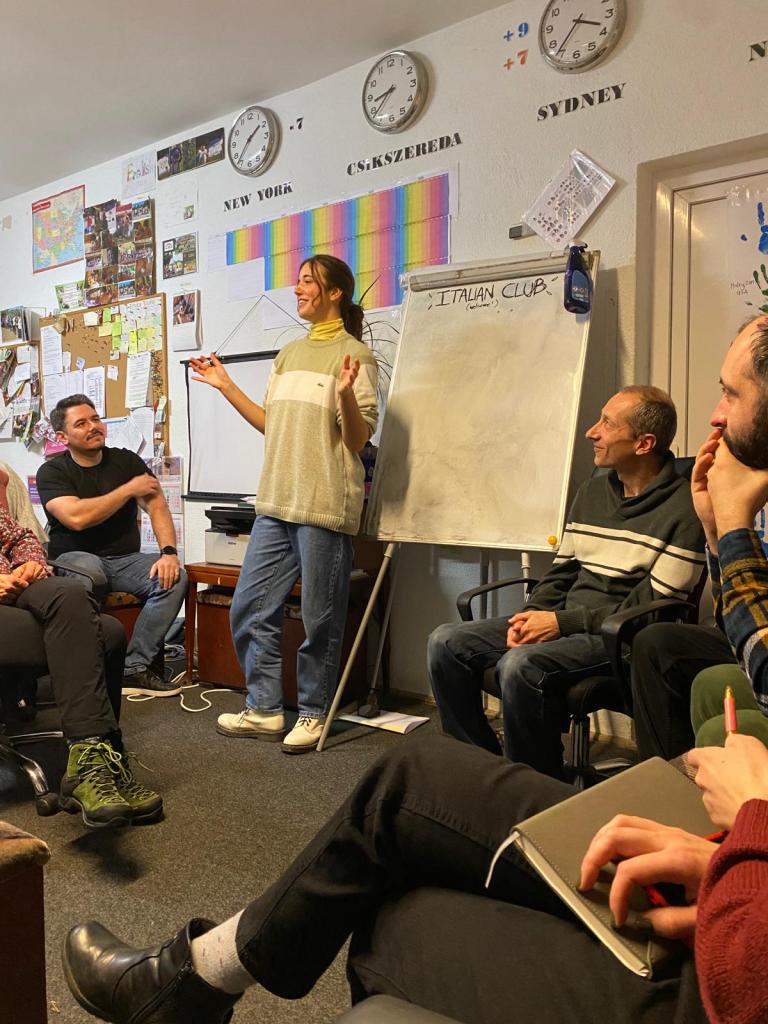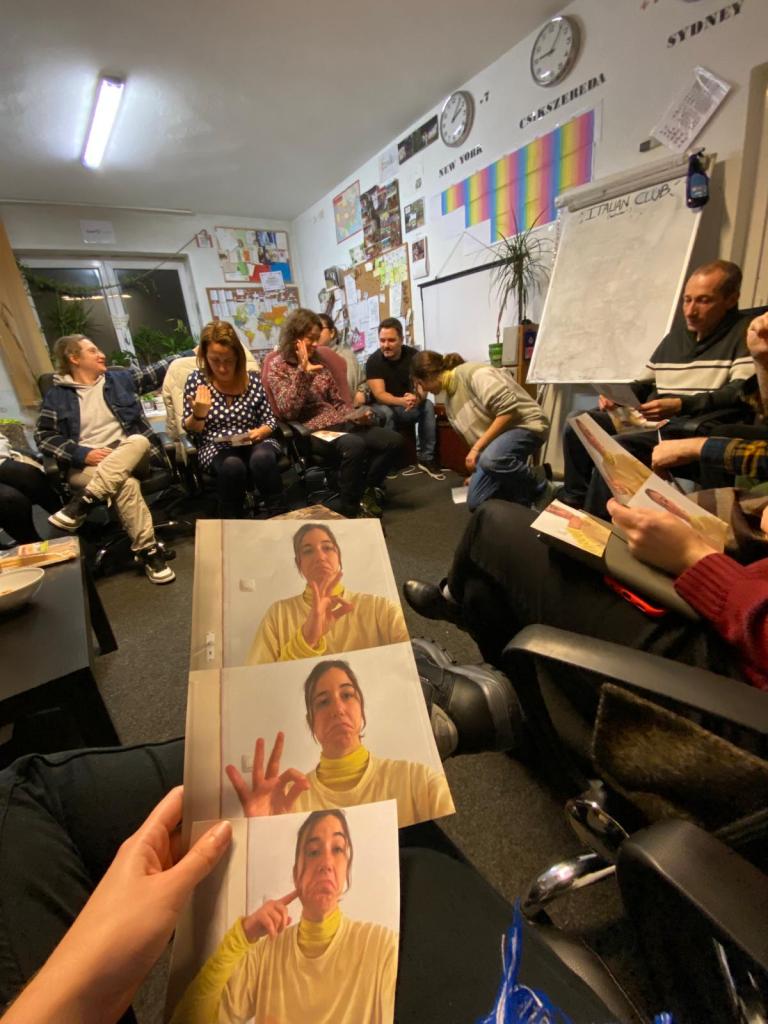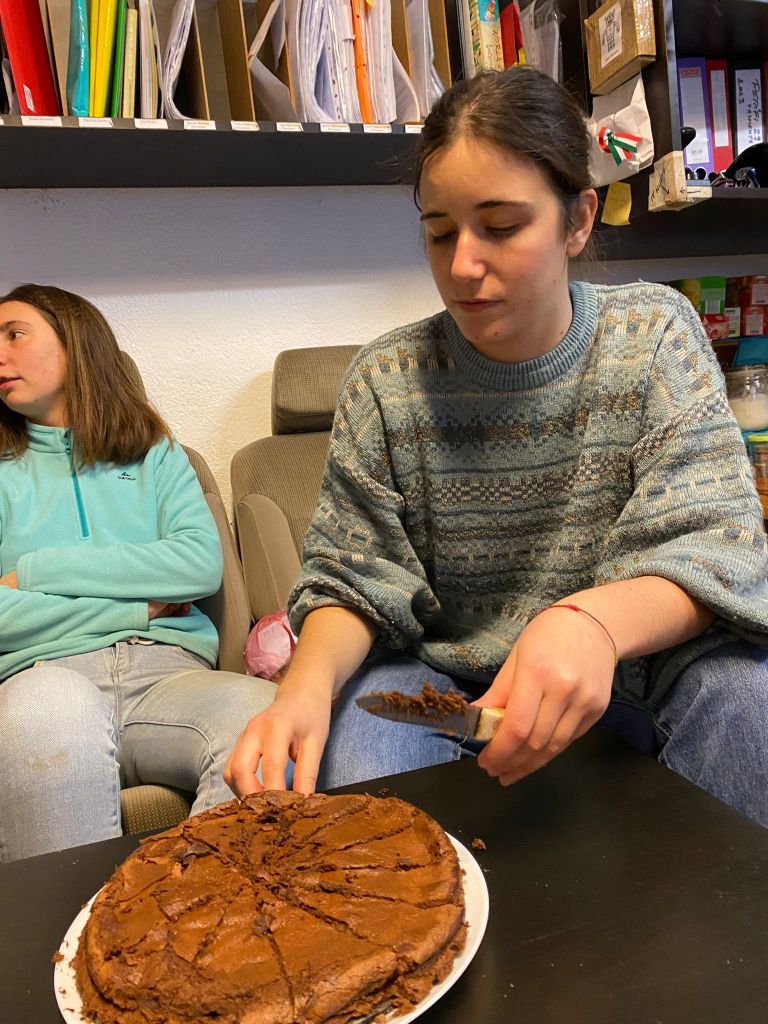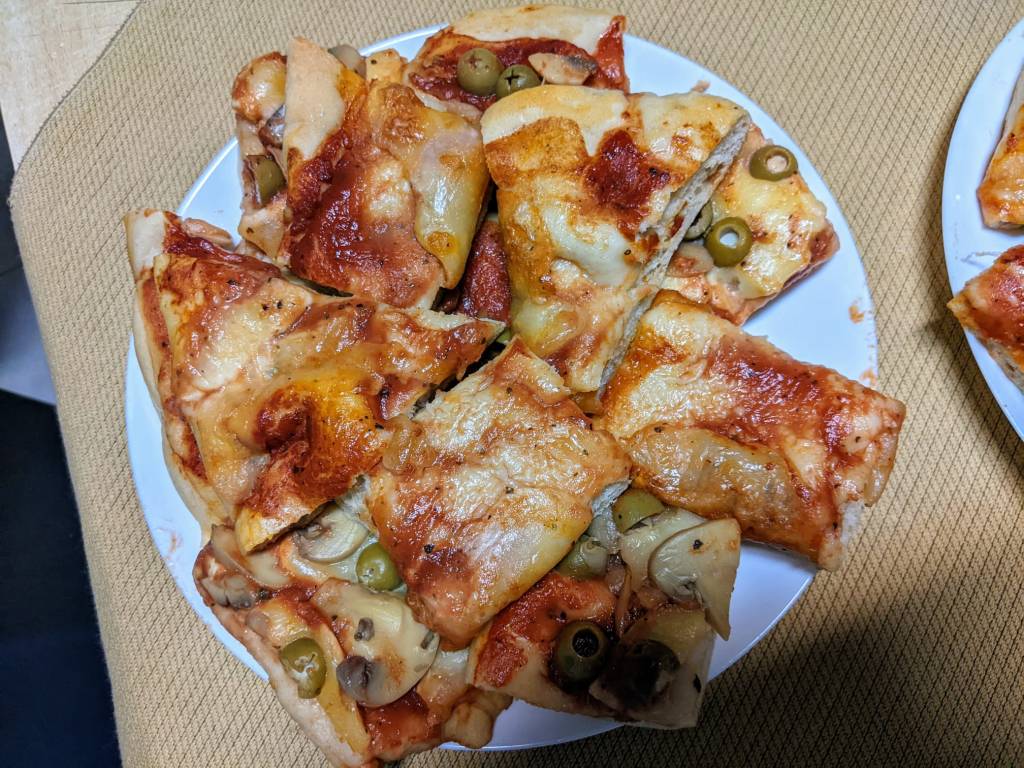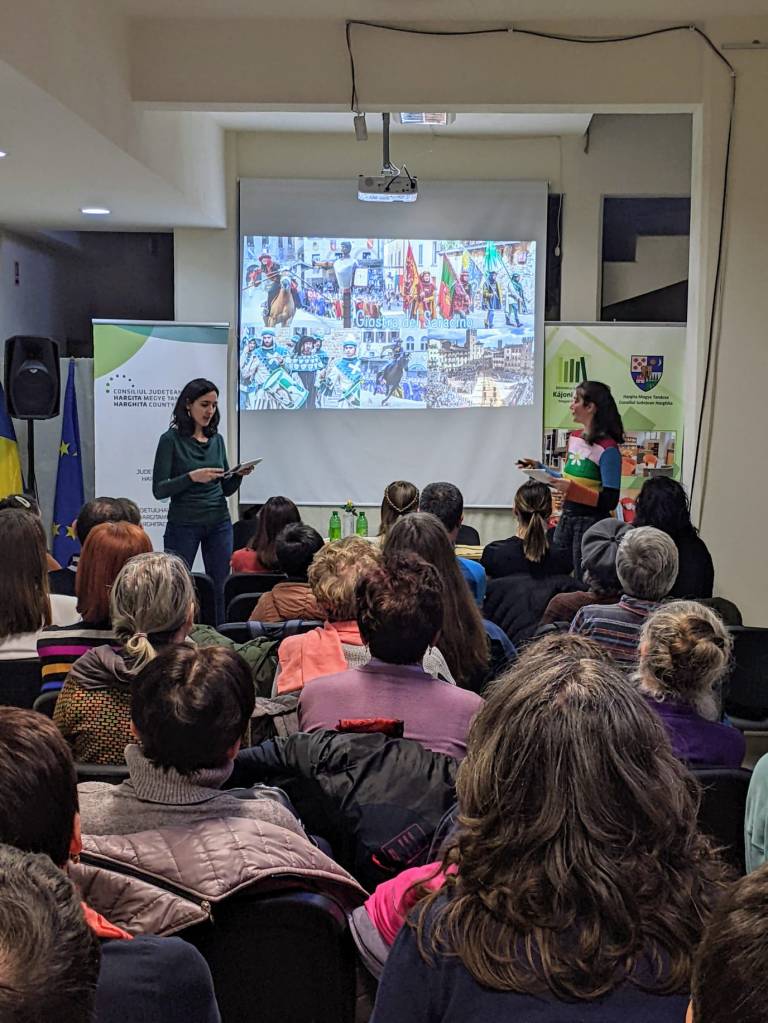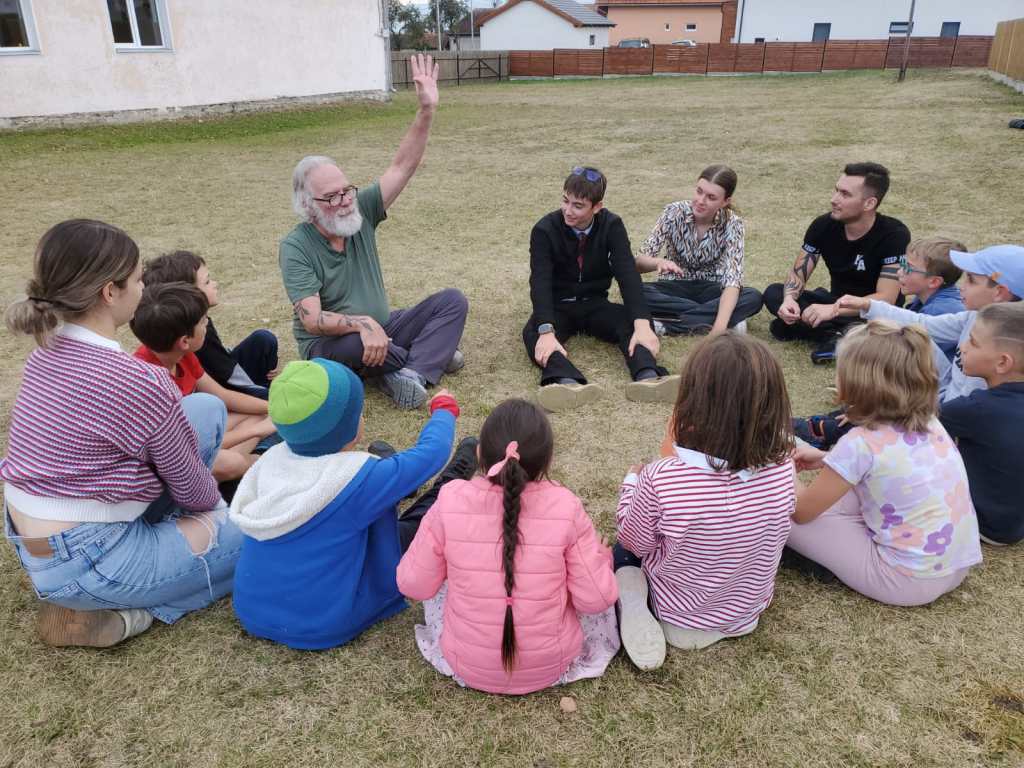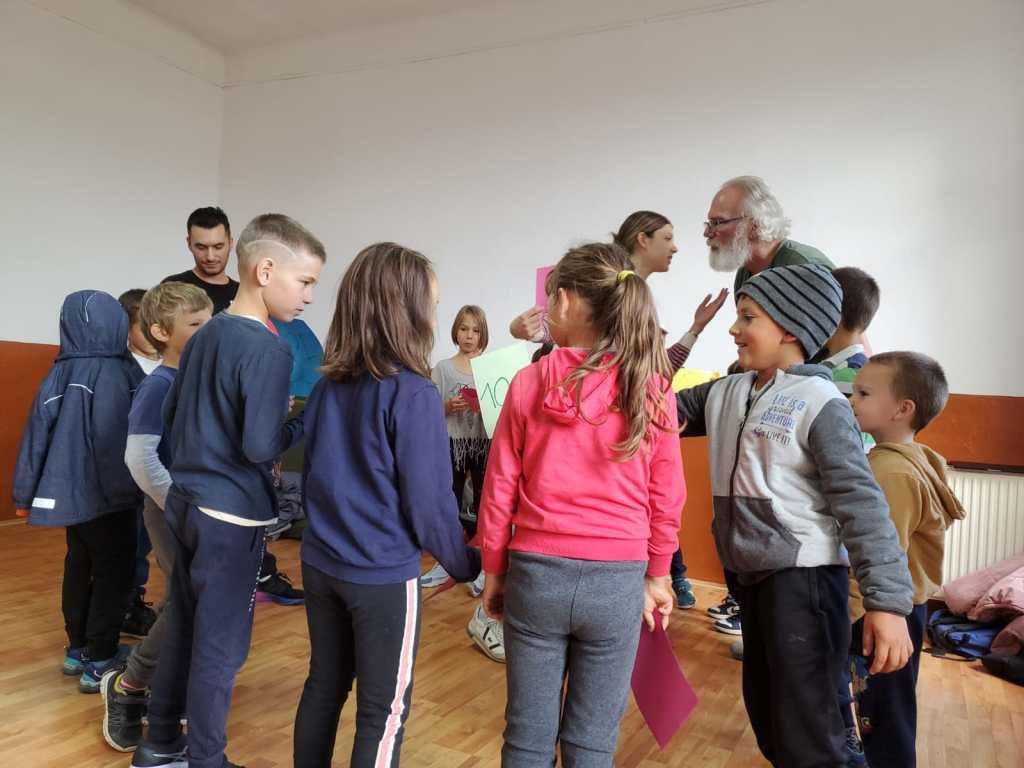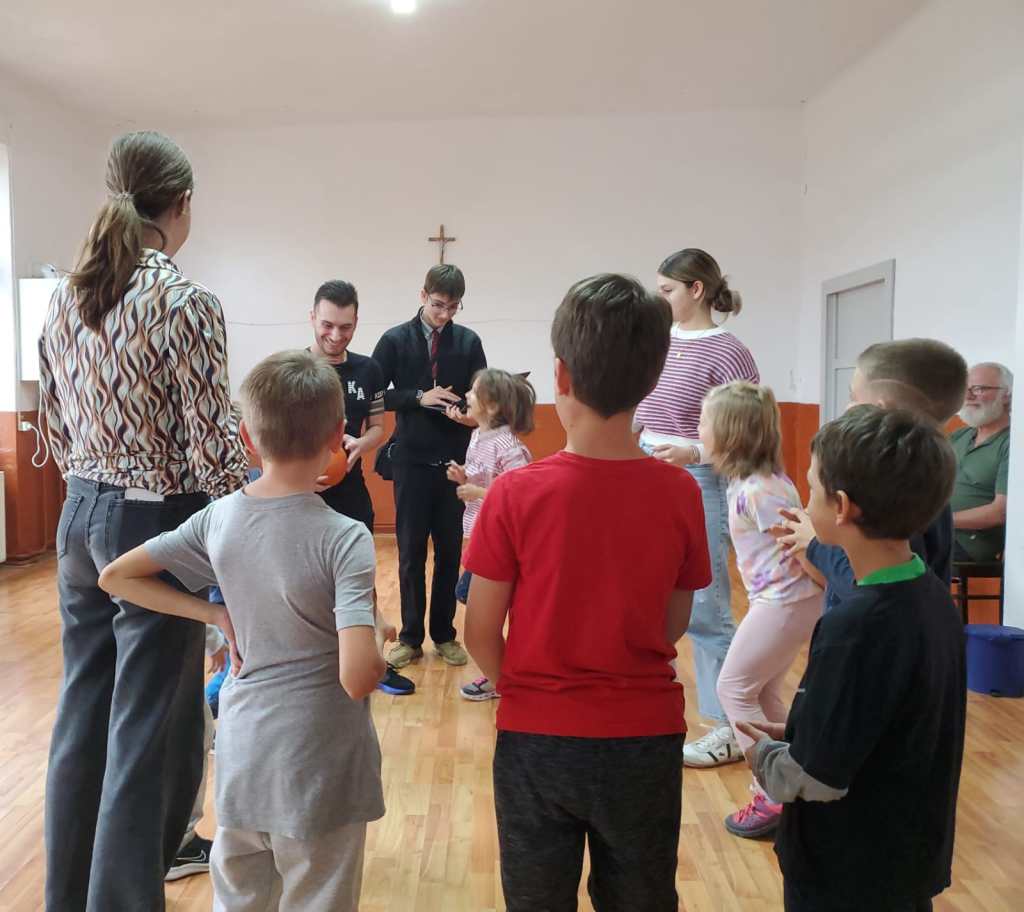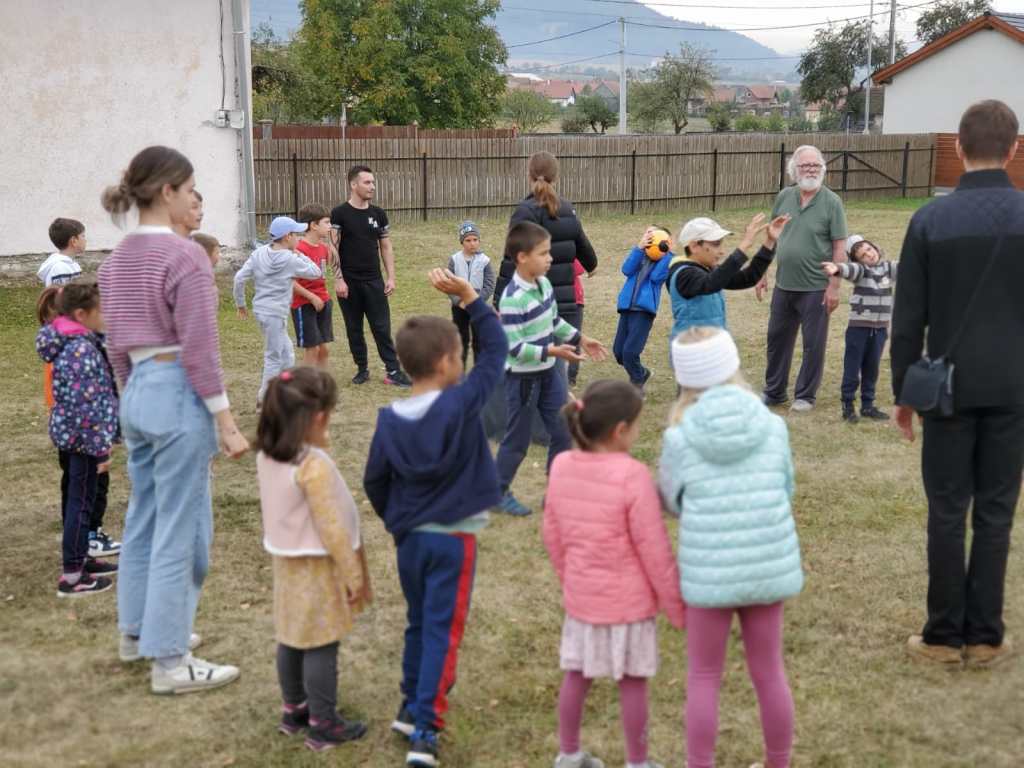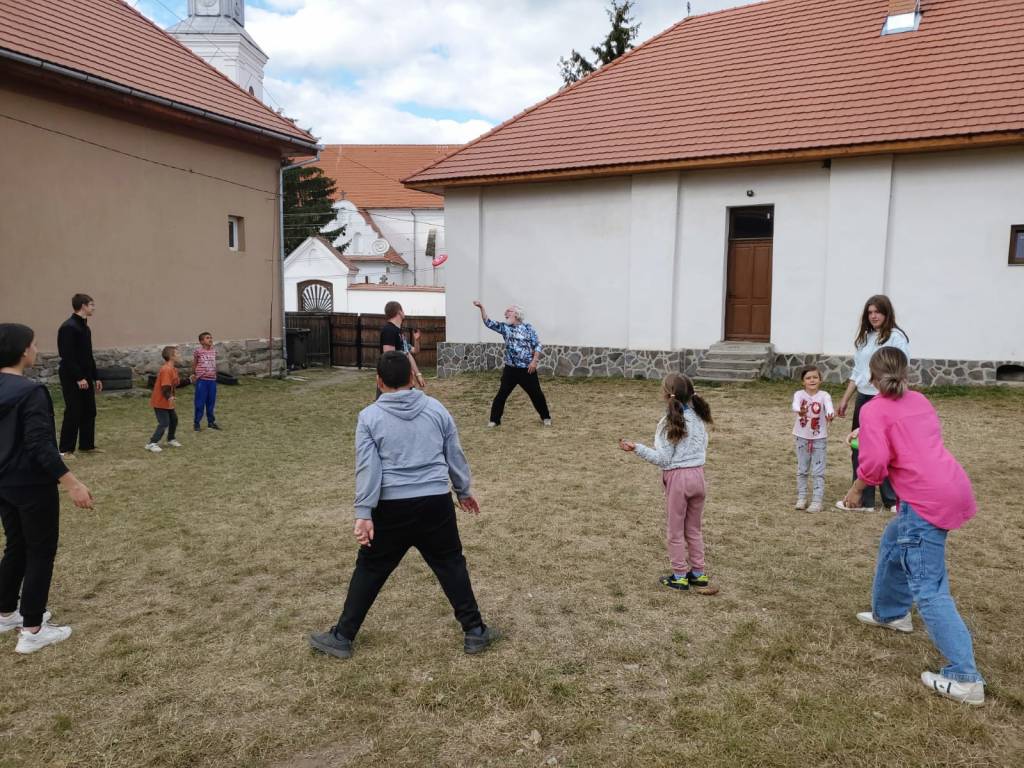As I sit down to compose my final blog post, I am compelled to reflect on the stoic journey that has been my volunteering experience in Romania. Tomorrow marks the conclusion of a chapter defined by trials and triumphs, where moments of adversity have served as opportunities for growth and self-discovery.
My time in Romania has been a testament to the stoic principles of resilience, perseverance, and equanimity in the face of adversity. From the outset, I was met with the challenges inherent in navigating unfamiliar territory, from cultural nuances to language barriers. Yet, rather than succumb to despair, I embraced these challenges as opportunities for personal and intellectual growth.
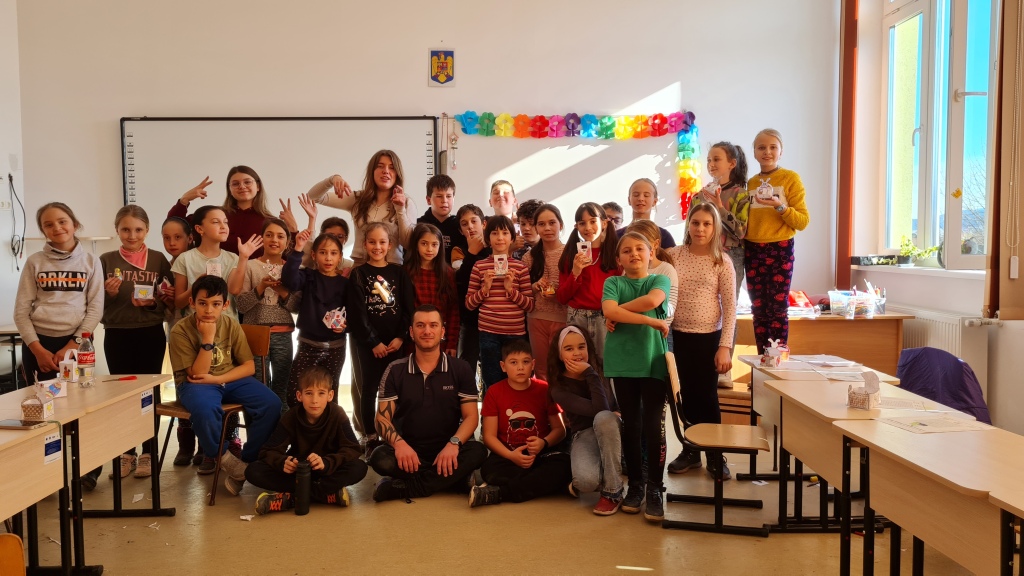
Volunteering in the “Teaching and Care in After School Clubs 2.0” project presented its own set of challenges, testing my patience and fortitude on a daily basis. Balancing the diverse needs of the children, navigating interpersonal dynamics, and managing logistical hurdles required a stoic resolve and unwavering commitment to the task at hand. There were moments of doubt and frustration, where the weight of responsibility threatened to overwhelm me. Yet, through the practice of self-discipline and mindfulness, I found solace in the Stoic teachings that guided me through moments of turmoil.
In the midst of adversity, I discovered a profound sense of purpose and fulfillment in serving others. The resilience and joy exhibited by the children in the After-School Clubs served as a poignant reminder of the Stoic virtues of courage and resilience in the face of adversity. Their laughter, curiosity, and unwavering spirit inspired me to persevere in my efforts, despite the challenges that lay ahead.
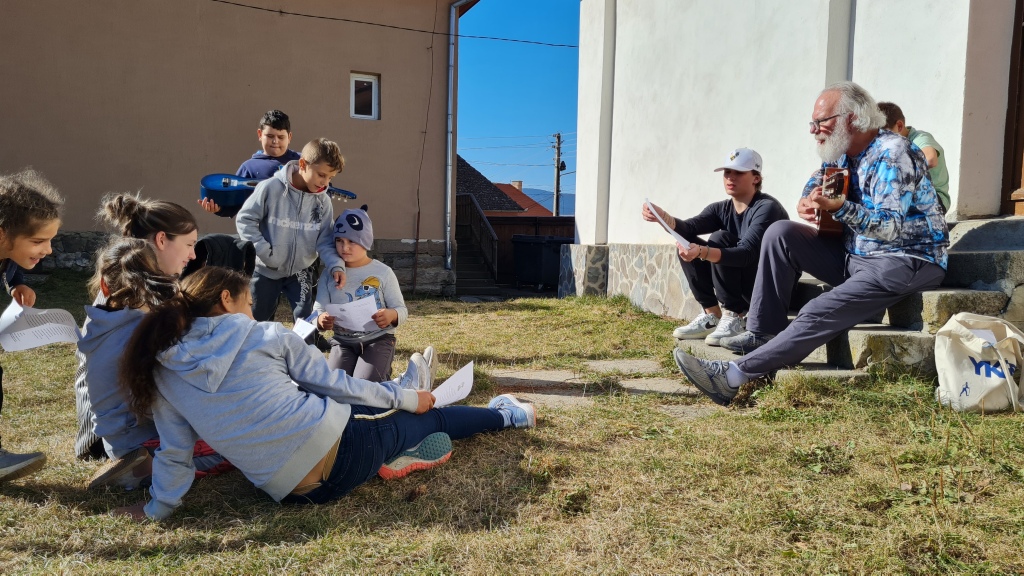
Moreover, the camaraderie and support of fellow volunteers and project coordinators provided a source of strength and encouragement throughout the journey. Together, we weathered the storms of uncertainty and doubt, offering words of wisdom and encouragement to one another in times of need. Through the practice of mutual aid and solidarity, we transcended individual hardships to achieve collective success.
In addition to the profound reflections on my volunteering journey in Romania, I am excited to share news of my next adventure in service. As I prepare to bid farewell to Romania, I am honored to announce that I will be joining the European Voluntary Humanitarian Aid Corps upon the completion of my current mission.
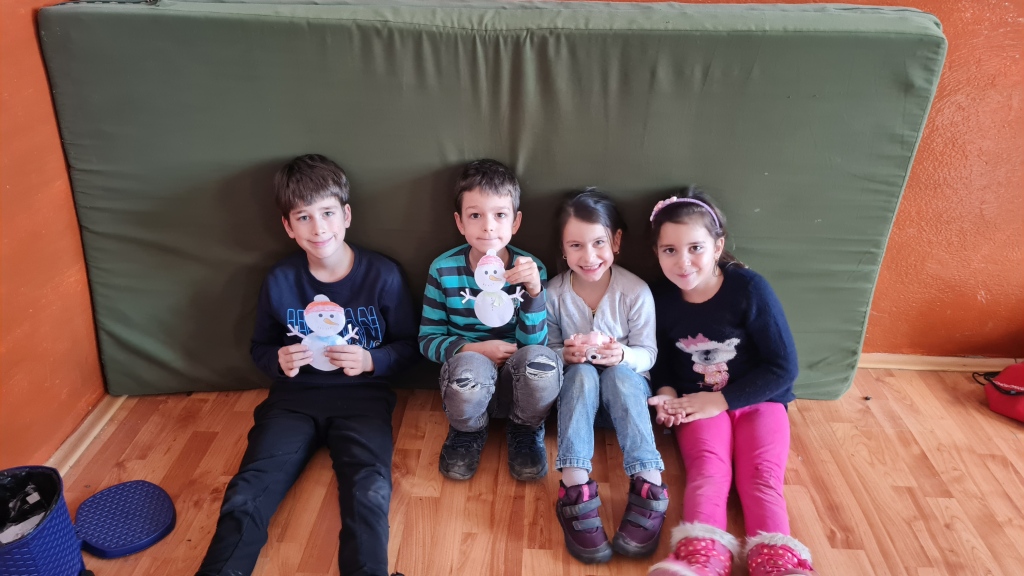
Joining the European Voluntary Humanitarian Aid Corps represents the next chapter in my journey of service and self-discovery. Building upon the invaluable experiences and lessons learned during my time in Romania, I am eager to continue making a positive impact in the lives of others, both locally and globally.
Through my participation in the European Voluntary Humanitarian Aid Corps, I will have the opportunity to further cultivate the values of compassion, resilience, and solidarity that have guided me thus far. Whether responding to humanitarian crises, supporting community development projects, or providing assistance to vulnerable populations, I am committed to upholding the principles of humanitarianism and service to humanity.
As I embark on this new chapter, I am filled with a sense of purpose and gratitude for the opportunities that lie ahead. Though my time in Romania may be coming to an end, the memories, friendships, and lessons learned will forever shape my journey as a volunteer and a global citizen.
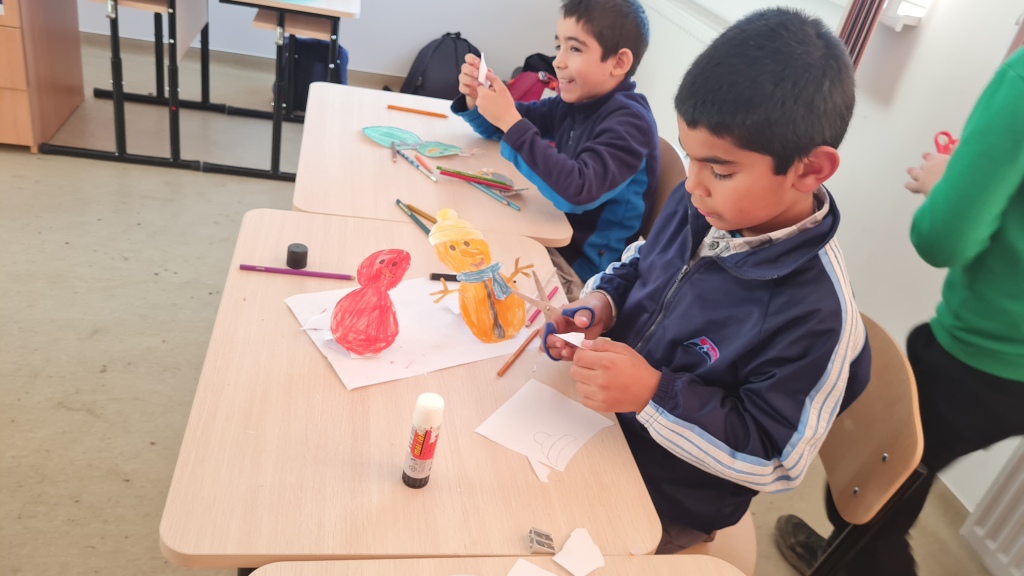
As I prepare to bid farewell to Romania and embark on this new adventure, I do so with a sense of optimism and anticipation for the opportunities and challenges that lie ahead. Though the path may be uncertain, I am confident that with the support of my fellow volunteers and the guiding principles of humanitarianism, I will continue to make a meaningful difference in the world.
I extend my heartfelt thanks to everyone who has supported me along the way, from the children and fellow volunteers in Romania to the project coordinators and local community members who have welcomed me with open arms. Your encouragement, guidance, and camaraderie have been the driving force behind my journey, and I am profoundly grateful for each and every one of you.
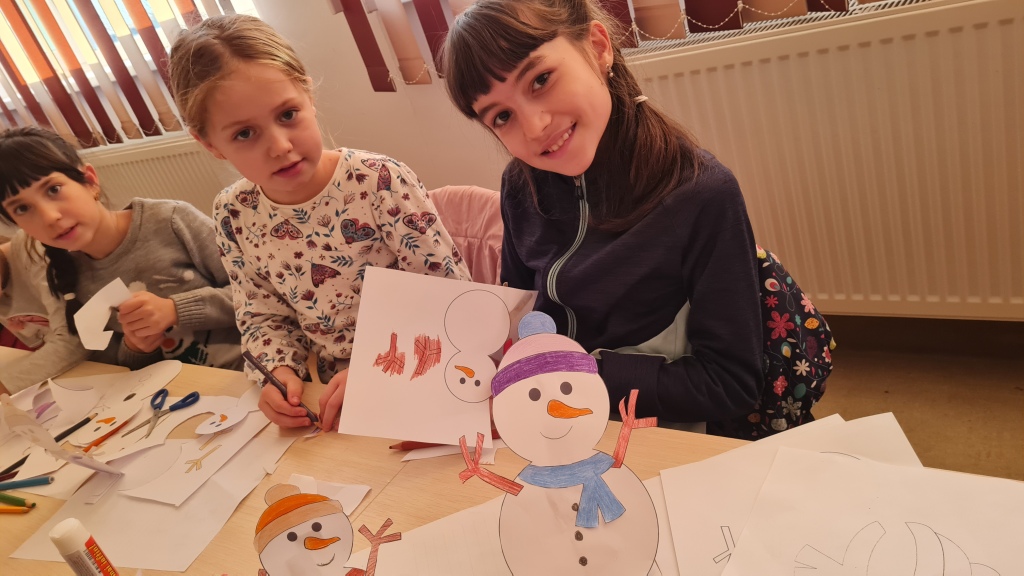
As I bid farewell to Romania, I do so with a stoic resolve and a sense of gratitude for the journey that has led me here. Though the road may have been fraught with challenges, the memories, lessons, and friendships forged along the way will endure forever.
Until we meet again, Romania. And to the future that awaits, I eagerly say: ”Vale”.
